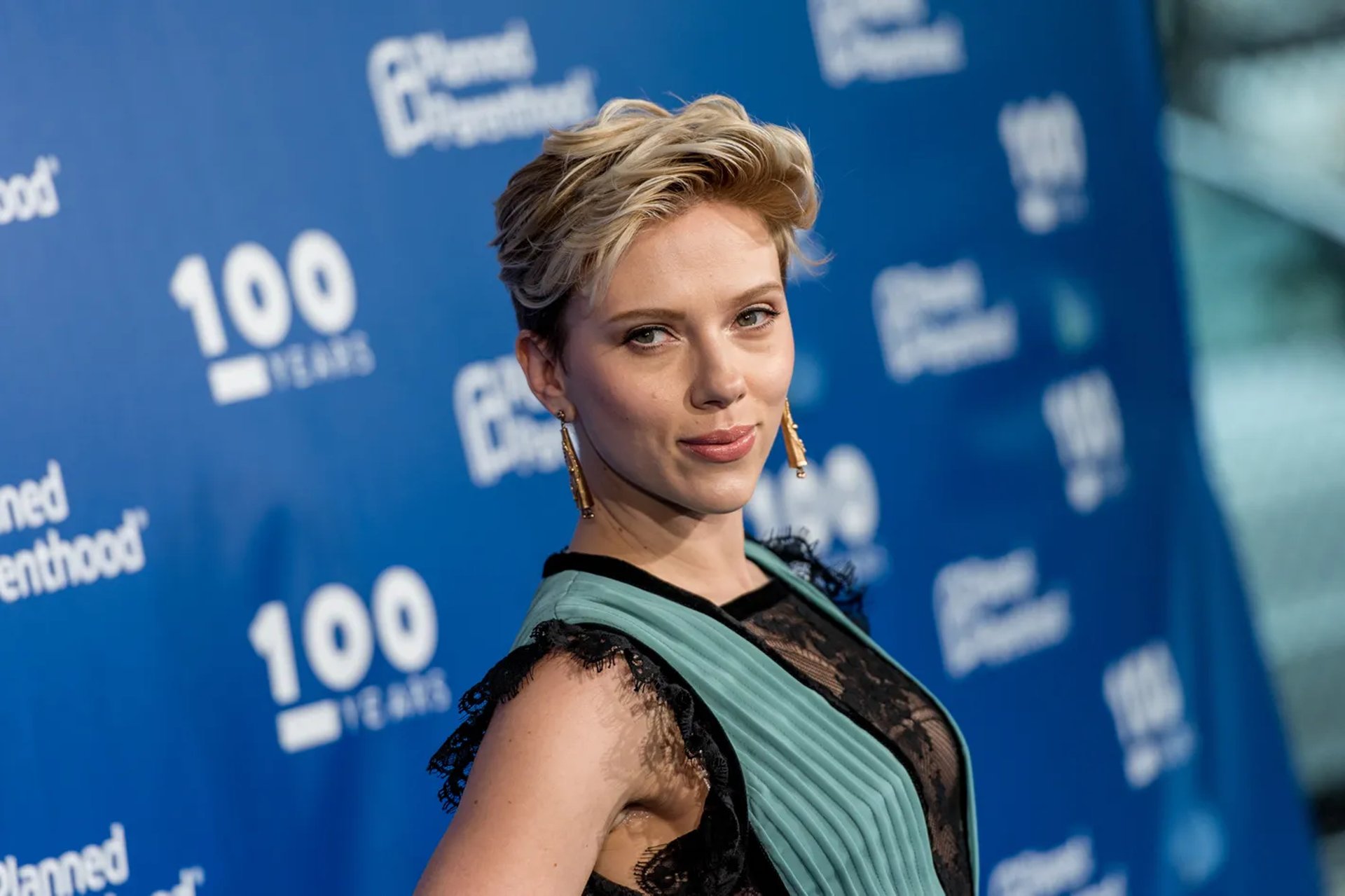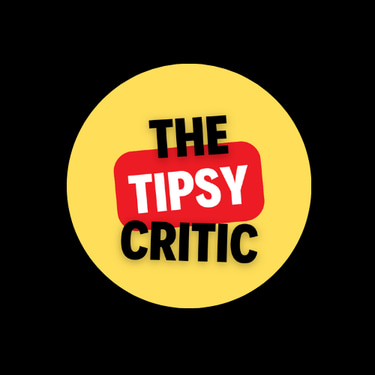“Your home for fearless film reviews, the latest entertainment news, and unfiltered movie rants.”
Scarlett Johansson Sounds the Alarm: Why AI Could Change Hollywood Forever—and What It Means for Actors
The Tipsy Critic
5/15/2025

Scarlett Johansson, one of Hollywood’s brightest and most respected stars, recently spoke out about a rapidly growing concern in the film and television industry: the rise of artificial intelligence (AI) and how it threatens the rights and careers of actors everywhere.
In an in-depth interview, Johansson revealed her worries about how AI is already reshaping Hollywood—sometimes in ways that put creative control and performers’ livelihoods at serious risk. Her thoughts echo a broader industry debate that’s becoming impossible to ignore as technology advances at lightning speed.
AI’s Growing Role in Hollywood: A Double-Edged Sword
AI is no longer a futuristic concept—it’s now an integral part of many movie productions. Studios are increasingly using AI to de-age actors, create digital doubles, and even generate entire scenes without a physical actor on set. While these advancements open exciting creative doors and can dramatically cut production costs, Johansson stresses they also come with significant downsides.
“It’s terrifying to imagine your face or voice being used in ways you never agreed to,” Johansson explained. The technology behind AI-generated digital likenesses has advanced so much that it’s possible to mimic an actor’s speech, facial expressions, and body movements with startling accuracy.
This isn’t just hypothetical. Recent films have already featured digital recreations of actors—sometimes without their direct involvement. For example, the late Carrie Fisher was digitally brought back to life in Star Wars: The Rise of Skywalker, and Peter Cushing appeared posthumously in Rogue One: A Star Wars Story. These examples have sparked heated discussions about the ethics of using AI-generated performances, especially when the actors can’t consent.
The Legal and Ethical Maze of AI and Digital Likeness Rights
One of the biggest challenges Johansson highlighted is how murky the legal landscape is when it comes to AI and actors’ rights. Current intellectual property and contract laws haven’t caught up to the technology, leaving many gray areas about who owns an AI-generated digital likeness and how actors should be compensated.
“There’s no clear blueprint,” Johansson said. “Sometimes studios digitally alter or recreate an actor’s image without proper consent or fair pay. That’s a huge problem.”
A rare example of cooperation is how Paul Walker’s family agreed to allow his digital likeness to complete Furious 7after his tragic death. However, many actors worry this won’t always be the case, and they could lose control over their image or voice being used in projects they never signed off on.
Beyond established stars, Johansson pointed out the pressure on emerging actors. Young performers might feel forced to sign over digital rights just to get roles—potentially setting themselves up for long-term exploitation.
Hollywood’s Response: Fighting for Actor Protections
Thankfully, Johansson isn’t alone in her concerns. Industry organizations like SAG-AFTRA have started pushing back against unregulated AI use. In 2023, SAG-AFTRA announced plans to introduce “digital rights management” rules, aiming to protect actors from unauthorized digital replication.
The union emphasizes that AI should not replace human actors but serve as a tool to enhance storytelling when used ethically. Johansson supports this balanced approach: “We have to set clear boundaries that protect actors’ identities while still allowing innovation to thrive.”
She calls for collective industry action to create firm guidelines. “Without these protections, we risk losing the human connection that makes film and TV so powerful.”
Embracing Technology Responsibly: A Nuanced Perspective
While Johansson is raising alarms, she’s far from rejecting technology outright. She recognizes AI’s potential to democratize filmmaking, making high-quality effects accessible to smaller productions and indie filmmakers who couldn’t afford them before.
“Technology can be a beautiful tool for storytelling,” she said. “But it needs to be handled with respect and transparency.”
Her position is clear: actors must have the right to control how their digital likenesses are used. Informed consent and fair compensation are non-negotiable. AI should be a creative partner—not a replacement for the emotional depth and nuance only real performers bring to the screen.
The Bigger Picture: Why Scarlett Johansson’s Warning Matters
Hollywood stands at a pivotal crossroads. The choices made now about AI and digital likeness rights will shape the industry for decades to come. Johansson’s voice adds important momentum to a vital conversation that affects not only performers but the heart of storytelling itself.
At stake is more than just technology—it’s about identity, artistry, and fairness. Without clear protections, AI could undermine the very foundation of Hollywood’s creative community, replacing people with pixels and jeopardizing livelihoods.
Actors, studios, unions, and lawmakers must work together to forge policies that balance innovation with ethics. Johansson’s candid warnings remind us that while AI opens incredible possibilities, it must never come at the cost of the people who breathe life into our favorite stories.
➡️ Read more movie and TV industry breakdowns at The Tipsy Critic
📲 Follow @thetipsycriticreview for real takes, no fluff.

As an Amazon Associate, I earn from qualifying purchases.
